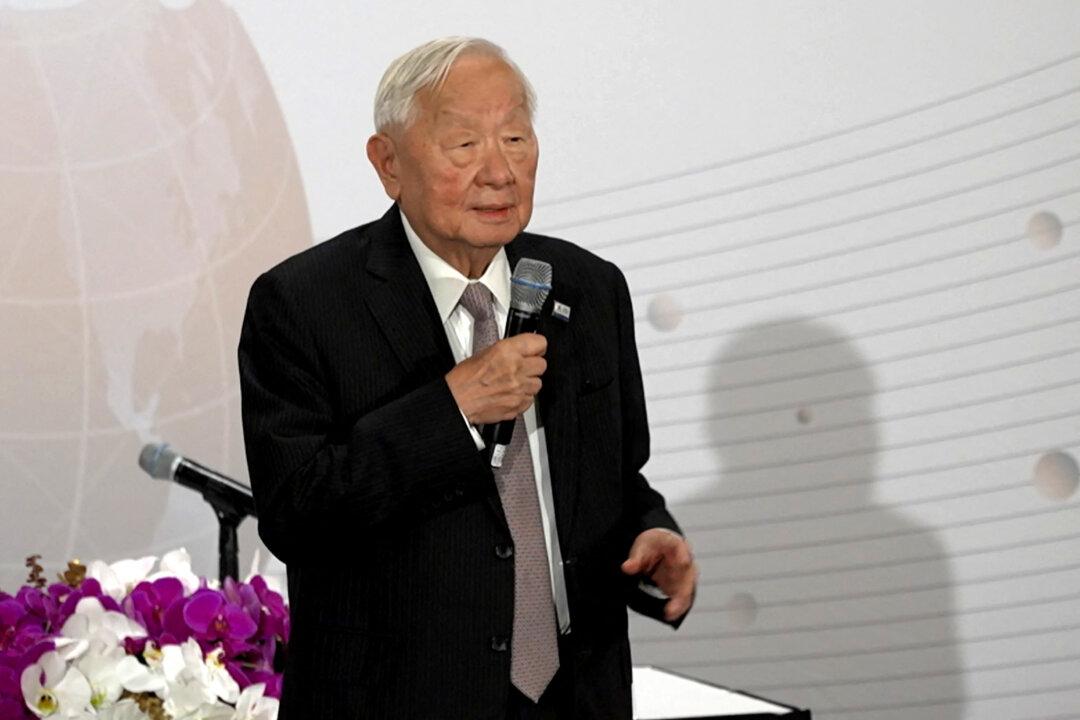At the recent APEC Summit, Morris Chang, the founder of Taiwan Semiconductor Manufacturing Company (TSMC), stood out as a central figure. Representing Taiwan, Mr. Chang engaged with over half of the summit’s attending national leaders, underscoring TSMC’s preeminence in the global semiconductor landscape.
During a press conference on Nov. 17 in San Francisco, Mr. Chang reflected on his interactions at the summit. While he didn’t engage in formal bilateral talks with U.S. President Joe Biden, Mr. Chang noted a significant amount of interaction with U.S. leaders, including Secretary of State Antony Blinken, Vice President Kamala Harris, and senior White House advisor Lael Brainard.






